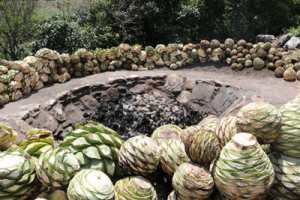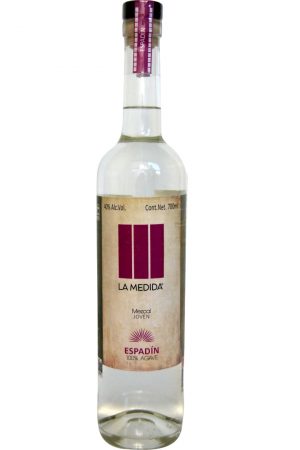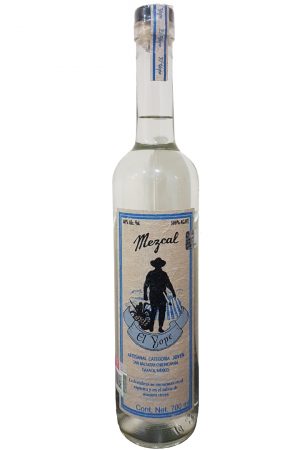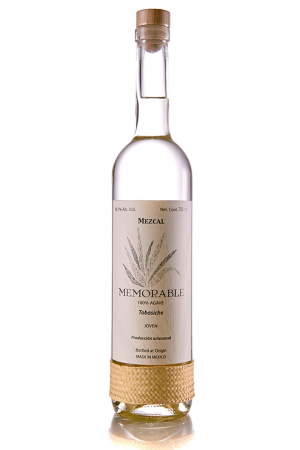Description
 Making artisanal mezcal is lots and lots of really hard, manual work. This is the earth oven, the “Horno de piedra” which is used for baking the agave. The shaven pinas are usually cleaved in halves. In the middle of the conical hole in the ground is a fire with burning hot lava stones. The sides of the oven will be lined with the cleaved agaves, and the entire oven is covered in fibres and earth, leaving only a small hole to tend the fire. This baking process can take some 2-3 days and will slowly and gently cook and transform the agaves starch juices into sugar juices.
Making artisanal mezcal is lots and lots of really hard, manual work. This is the earth oven, the “Horno de piedra” which is used for baking the agave. The shaven pinas are usually cleaved in halves. In the middle of the conical hole in the ground is a fire with burning hot lava stones. The sides of the oven will be lined with the cleaved agaves, and the entire oven is covered in fibres and earth, leaving only a small hole to tend the fire. This baking process can take some 2-3 days and will slowly and gently cook and transform the agaves starch juices into sugar juices.
 When the agaves have been cooked they are crushed in order to draw out the juice for fermentation. This crushing process is done using a “tahona”. The agaves are spread out in the flat round hole and and a big lava stone is rolled over them. The pressure crushes the agaves, but very slowly and gently. The gentleness is important. The agaves need to be crushed without splitting the fibres. The fibres also hold juice, but that juice is bitter. So the entire process is one of generosity. If the mezcalero takes too much juice, the result will be poor. Only taking the good juices won’t yield as much mezcal, but the product will be better.
When the agaves have been cooked they are crushed in order to draw out the juice for fermentation. This crushing process is done using a “tahona”. The agaves are spread out in the flat round hole and and a big lava stone is rolled over them. The pressure crushes the agaves, but very slowly and gently. The gentleness is important. The agaves need to be crushed without splitting the fibres. The fibres also hold juice, but that juice is bitter. So the entire process is one of generosity. If the mezcalero takes too much juice, the result will be poor. Only taking the good juices won’t yield as much mezcal, but the product will be better.




